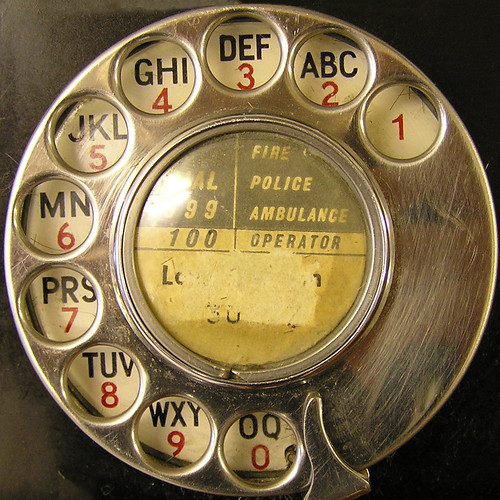
In many businesses today, it’s common to have conference calls to share information when coming together to meet physically is not a viable option. Here’s some advice for a successful conference call.
- Know ahead of time if you’ll be participating with audio only, or both audio and video.
- Test out your equipment ahead of time so you’re sure you know how to use it.
- If you’re the only one at your location on the conference call, use a headset with a good microphone, rather than relying on a speakerphone or holding the phone to your ear.
- If there are multiple people at your location on the conference call, reserve a conference room (if possible) and make sure everyone is seated where their voices can be picked up by the speakerphone’s microphone.
- To avoid distracting background sounds for the other participants, mute your microphone when you are not speaking. (Typing or shuffling papers during a conference call may seem quiet to you, but not to anyone else on the call.)
- Do your best to exhibit the kind of behavior you would in a face-to-face meeting. For example, stay focused on the speaker(s), rather than multi-tasking.
- When it’s your turn to talk, introduce yourself briefly, even when you’re talking with people you know. For example, “This is Debbie at Oswego, and ….”
- When the call is over, ensure you have hung up / ended the call before discussing anything about the call with others. You never know who might still be on the call, even when you think it’s over.
Specifically for video calls using a service like Zoom, WebEx or GoToMeeting:
- For a video call, dress appropriately head to toe.
- Minimize visual distractions in the background. If possible, set up your video camera so that a blank wall is behind you.
- Close all tabs in your web browser except any that are specifically needed for this call. And do not display your bookmarks.
- Turn off any pop-up notifications that may appear on your computer screen.
- When you are talking, look directly into the camera, not at the face on the screen.
If you’re coordinating or leading the call, also take these suggestions under advisement:
- If you know that the attendees live across the country or even the world, make sure you are extra clear about what the time zone for the start of the call. (The website TimeAndDate.com has helpful resources for determining the time across zones.)
- When it makes sense to do so, record the call for others who could not attend.
- Keep the call as short as is reasonable. A one-hour conference call seems much longer than a one-hour in-person meeting.
For a humorous take on video conference calls, watch this video by Tripp and Tyler. Though it’s (intentionally) over the top, I think I’ve experienced every one of these mistakes, just not all in one call.
Image Credit: http://www.virtualstudio.tv/blog/post/96-3-tips—-hosting–running-effective–successful-conference-calls


